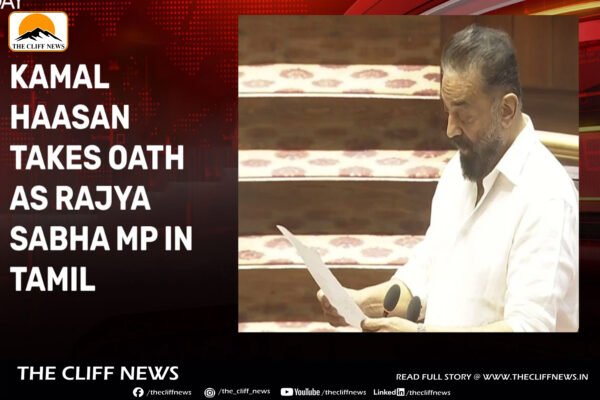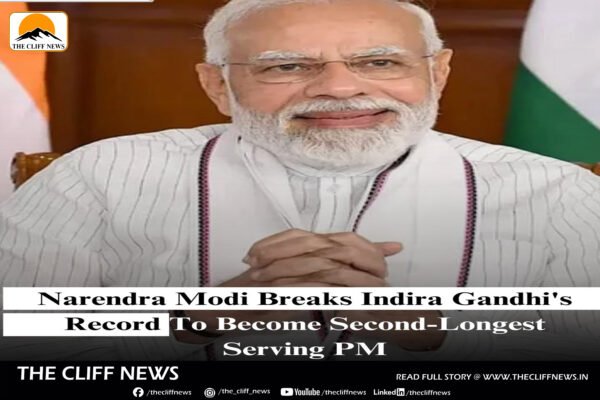India has clinched a significant trade agreement with the United Kingdom, securing substantial market access for key job-generating sectors such as textiles, footwear, gems and jewellery, and marine products. Under the deal, the UK has agreed to eliminate duties as high as 20% on these Indian exports, boosting India’s competitiveness in the British market. A major highlight of the agreement is the elimination of duties for nearly 99.7% of tariff lines in India’s food sector, where earlier tariffs reached up to 70%. This includes enhanced access for export-oriented sectors like seafood, dairy, and meat products, where duties have been slashed from 20% to zero, marking a crucial win for Indian farmers and food exporters. Strategic Openings on India’s Part In return, New Delhi has made notable concessions by opening up select public procurement tenders to UK firms for the first time. UK companies will now enjoy Class Two status under India’s ‘Make in India’ rules, which require at least 20–50% domestic value addition. This allows UK firms to use up to 80% imported inputs, significantly diluting the protection previously offered to domestic industries under Atmanirbhar Bharat. Additionally, India has agreed to lower its steep tariffs on automobiles and alcoholic beverages, sectors that have historically remained protected. The UK’s manufacturing industries — especially aerospace (tariffs cut from 11% to 0%), automotives (from 110% to 10%), and electrical machinery (from 22% to 0%) — are poised to benefit. Alcohol Tariff Reform with Safeguards For the first time, India will allow duty cuts for UK-origin alcohol, including whisky, rum, brandy, vodka, and cider. Currently facing a 150% base customs duty, these products will see reduced tariffs — but only if they meet a Minimum Import Price (MIP) of $5 per litre (or $6 per 750 ml). For eligible imports, duties will gradually drop from 110% in Year 1 to 75% by Year 10. This “festive” design, experts say, protects India’s domestic liquor industry while offering space for premium UK spirits to compete. Government Procurement Concession Sets a Precedent According to New Delhi-based think tank GTRI, this is India’s most generous government procurement concession in any FTA to date. The move is seen as a strategic shift from using public procurement to support domestic manufacturing. The worry is that similar access may be expected in future trade talks with larger economies such as the EU or the US, potentially weakening India’s leverage in promoting domestic industries and employment generation. Shift in India’s Stance on Intellectual Property Experts have also flagged India’s softened position on Intellectual Property Rights (IPR). For the first time, UK patent holders will be allowed to issue voluntary licences, marking a move away from India’s earlier emphasis on compulsory licensing, especially for medicines. Critics argue that this undermines India’s policy space to ensure affordable access to medicines. The deal also reiterates an EFTA provision allowing patent holders to withhold information on the working of patents for up to three years. A Mixed Bag with Long-Term Implications While the trade deal offers significant short-term gains for Indian exporters and key sectors, it also signals a major shift in India’s trade and industrial policy strategy — particularly around public procurement and IP governance. Experts warn that these concessions may have far-reaching implications for future free trade agreements and the country’s broader developmental priorities.










